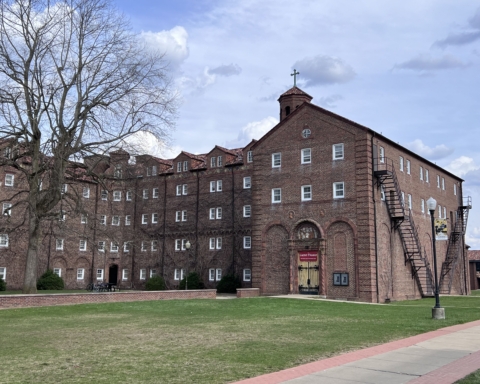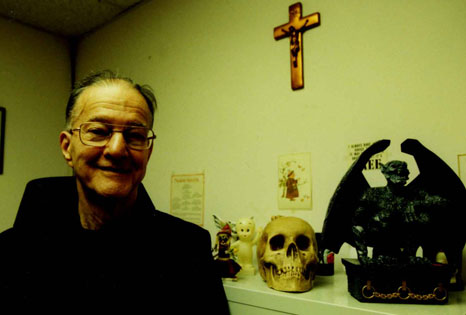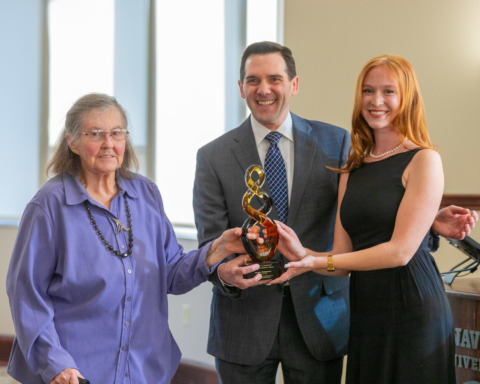By Philosophy Club members
In the late 1970s, a number of reporters in a small suburb east of Niagara Falls noticed some alarming health issues: miscarriages, asthma, birth defects, cancers, and more. They investigated, discovering that the Hooker Chemical Company had dumped about 21,800 tons of toxic waste at the site before selling it. Chemicals permeated basements, ground water and gardens, infecting the population.
Eventually, the Niagara Gazette broke the story. The controversy became a national issue, earning super-fund status, and the “Love Canal disaster” remains famous for investigative journalists, social activists and pro-regulation politicians.
It also raises questions about environmental ethics.
As Timothy Morton, professor at Rice University, said, “When you think about where your waste goes, your world starts to shrink.” For most of us, drains, pipes, garbage dumps and disposal services remove our rinds, water and wrappers. But like Love Canal, they can’t always get rid of it. They just move and store it. The recent craze of the K-Cup, for example, has overwhelmed dumps. On the other side, grocery stores and power grids feed and warm us, so we don’t need to chop wood and grow crops.
This is a great thing. But, as a draw back, we often forget the individual impact we have. I’m just one person, not a company or a country. I’m not dumping 21,800 tons of toxic waste into a ditch, and I can’t clean up 21,800 tons of waste. I am neither Greenpeace nor Hooker Chemical Company.
Philosophers may term this an “argument from futility.”
However, like anything in philosophy, every argument has an opposite. In this case, a counter argument might say that we don’t create much waste during a day, but in a lifetime, we do. If we were to calculate all the waste we produce in our lives, the world may seem small indeed.
But, argues the other side, as long as we can manage this waste, it is not an issue. Things like Love Canal or Onondaga Lake in Syracuse only occur because people don’t manage waste well. Moreover, most people will not get sick from an abundance of K-Cups.
Here, the questions become more ideological and personal. The movement of “deep ecology,” for example, argues that people should respect all living beings regardless of their utility for people. For example, in drought-stricken California, a court recently sided with environmentalists in 2014, preventing farmers from diverting too much water away from smelt habitats.
In other words, the smelt, an endangered species, deserved some water, despite the human impact this created.
Even within the realm of people, however, things get murky. Nestlé Waters, for example, has recently come under fire from its continued output in California, drawing from springs, like the Morongo reservation, despite local scarcity.
But the company provides jobs, delivers water worldwide, benefits our GDP and has a legal right to the water sources that it buys and regulates.
Returning once again to Morton’s quote, these recurrent issues make our world smaller. With Earth Day this week, we may feel a particular pressure to ask questions: Should I eat less meat? Should I walk to class? Should I avoid bottled water?
While a disaster like Love Canal has clear, though expensive, solutions, questions of smelt habitats, bottled water or lunch do not. Into this layering of debates and perspectives, we must consider our own outlooks and how we fit into the world as whole.
In a sense, this is the goal of environmental ethics: to consider what the environment is and how people can fit into it. Whether we choose to see the environment as commodity or community, to paraphrase Aldo Leopold, remains our individual choice. But such a choice has ample responsibility attached to it.
SBUPhilosophyClub@gmail.com





